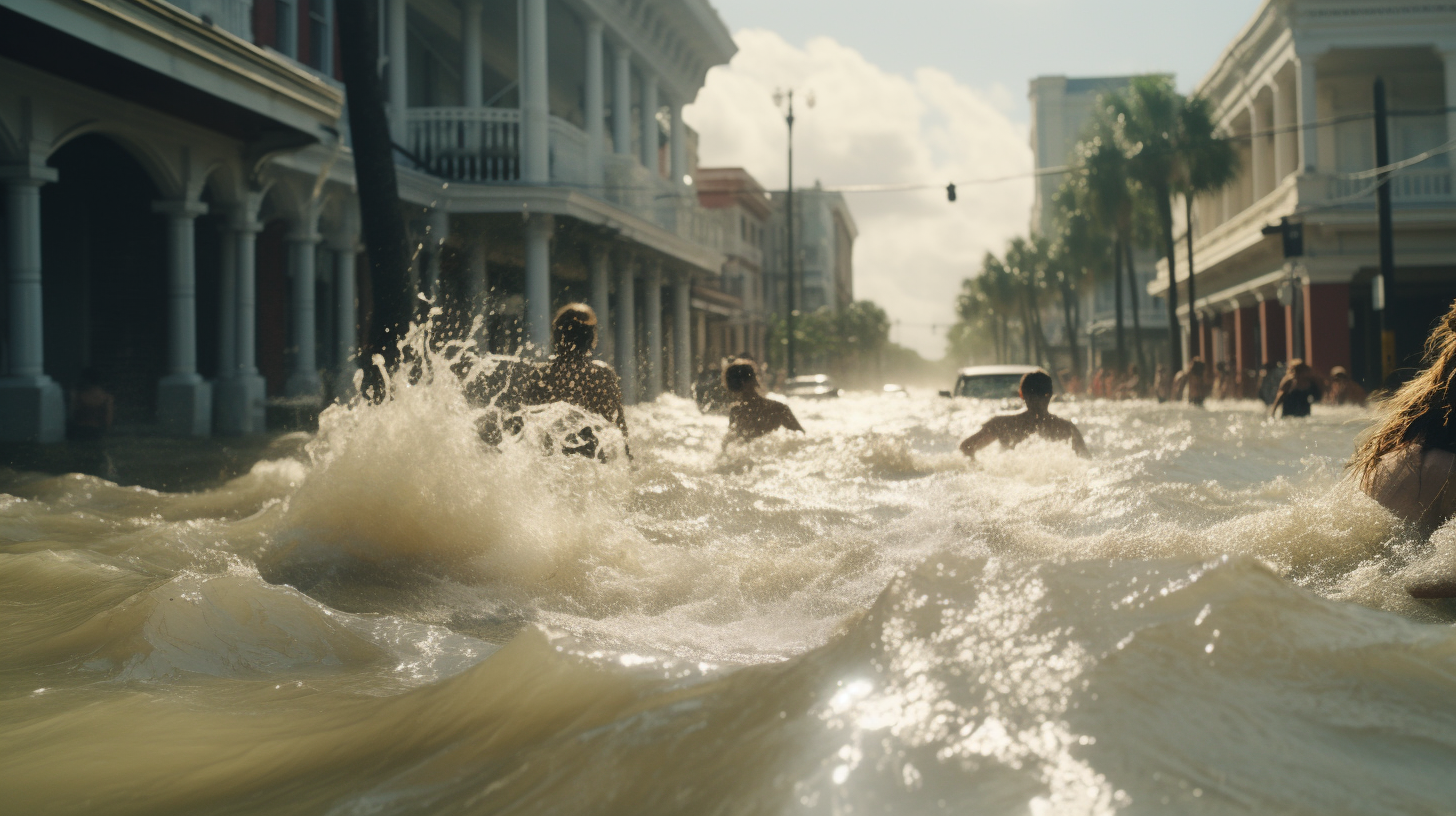
Coastal Communities and the
Willingness to Reject Reality
Louisiana’s coastal ecosystem has always been fragile. Home to rich wildlife - birds, reptiles, amphibians, and more - the Mississippi River Delta was also home to five of the nation’s biggest cargo ports, to major energy suppliers of oil and natural gas, and to more than two million people, nearly half of the state’s population.
In the 20th century the ecosystem started to disappear at an alarming rate. About 1,800 square miles of coastland were lost in the second half of the century. 300 square miles of marshland drowned in just four years - lost to four disastrous storms.
In 2017 the State of Louisiana published its Coastal Master Plan, projecting that, without decisive counter action, another 2,800 square miles of coastland could be lost within the next 50 years.
The message was clear. Louisiana was sinking.
At the same time, all five congressmen representing Louisiana voted to allow the United States to exit the Paris Climate Accord, the agreement designed to mitigate the catastrophic effects of climate change. Politicians opposing emission regulations later claimed they were simply following the wishes of their constituents.
By the middle of the 2030s, these same constituents had to come to terms with the fact that the Master Plan’s projections turned out to be true, leaving coastal communities to face the consequences. Real estate values plunged, and homeowners struggled to secure sufficient insurance.
Hurricane Drake arrived in early September 2034, growing to a Category 5 monster over the warm Gulf waters. Long caravans of evacuees fled the coast as Drake turned north and finally made landfall, raging over the Mississippi River Delta for two days.
When people finally returned home, they came back to a wasteland, to homes flooded or wiped out. With little federal and state support, these people found themselves uprooted and homeless.
Little did they know that Drake was nothing but a mere warning - the herald of the devastation that was about to come.
